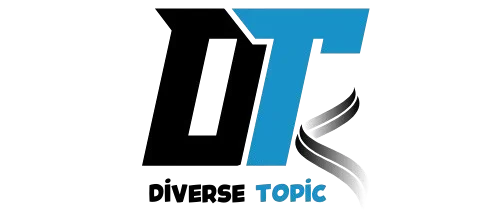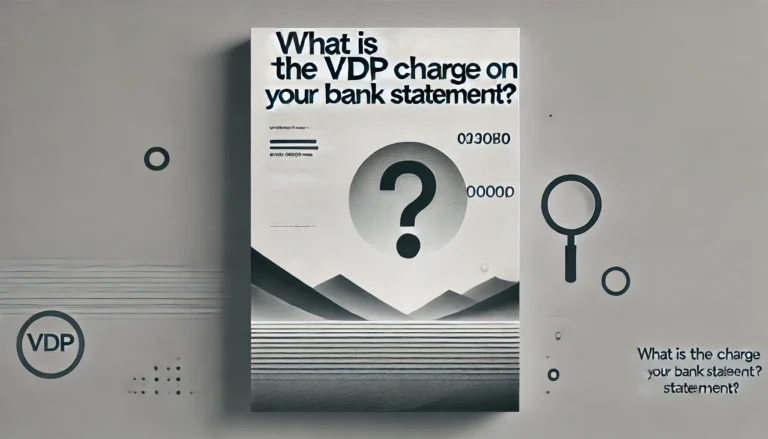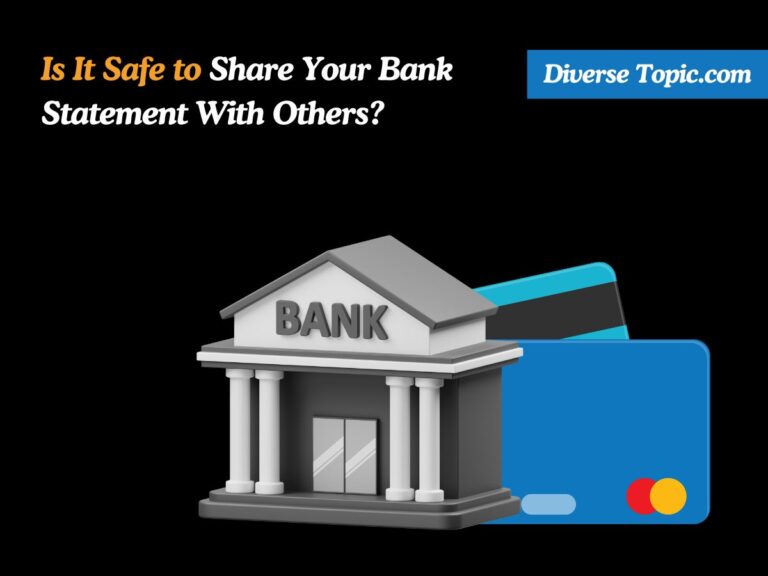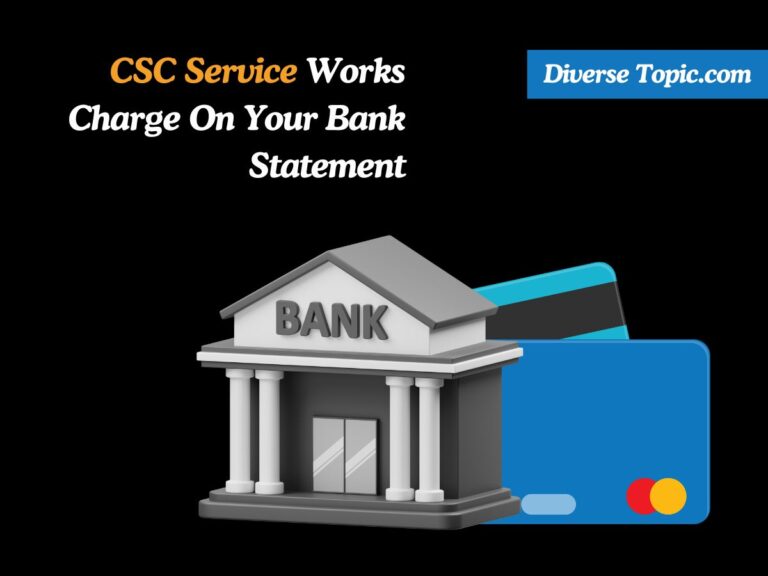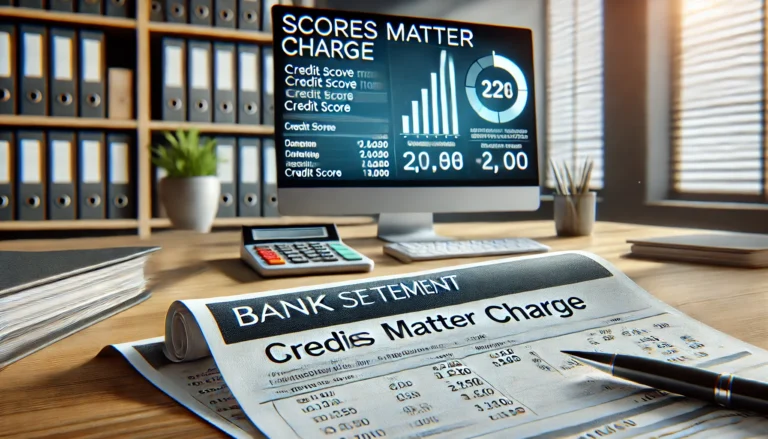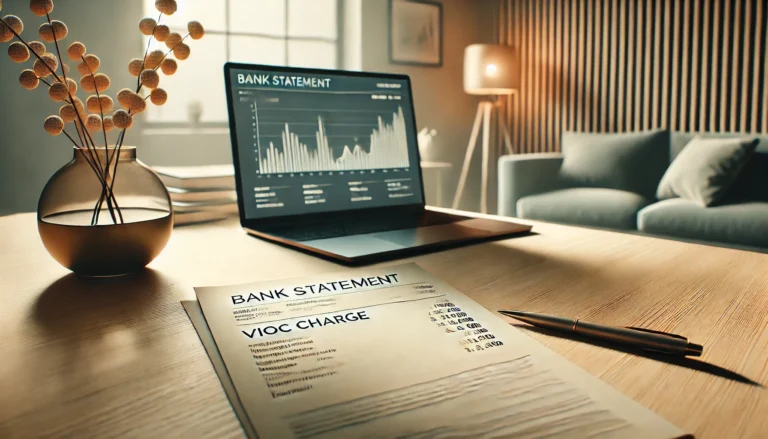What Is the Wix.com Charge on Your Bank Statement?
If you’ve noticed a charge from Wix.com on your bank statement and are wondering what it is and why it appears, this comprehensive guide will help clarify everything you need to know. Understanding where the charge comes from and how it works can help you manage your subscriptions and prevent unwanted expenses.
What Is Wix.com?
Wix.com Ltd. is an Israeli software company that provides cloud-based web development services. The platform enables users to create professional websites and mobile sites using an intuitive drag-and-drop interface. With millions of users worldwide, Wix offers a range of subscription plans catering to individual users, businesses, and e-commerce sites.
Why Is Wix.com Charging You?
If you’ve spotted a Wix.com charge on your bank statement, it’s likely tied to a membership payment for site building services on their platform. Wix works on a subscription model, where customers pick a plan that meets their needs and pay a recurring price, either monthly or yearly, for continuing access to its tools and services.
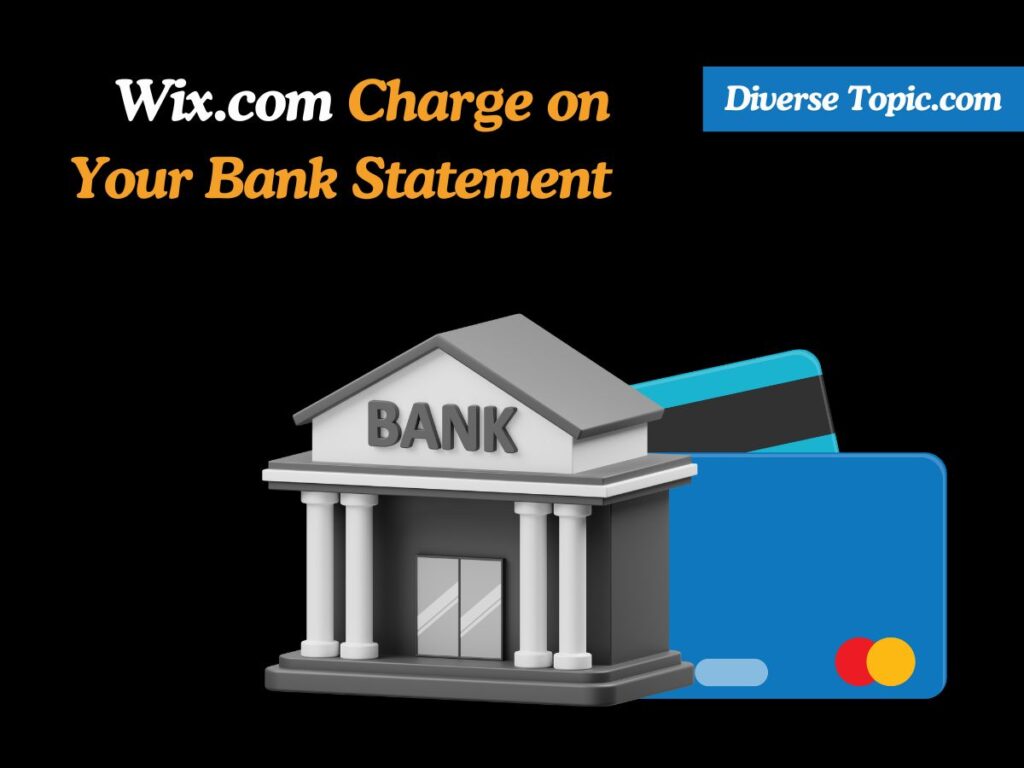
Common Reasons for Wix.com Charges:
- Website subscription plans: Users pay for hosting, domain registration, and access to premium features.
- Additional services: You may have added specific features like email marketing, custom domain registration, or e-commerce tools that result in additional charges.
- Automatic renewal: Many Wix subscriptions renew automatically unless manually canceled, so recurring charges may appear if your subscription is active.
Also Read CSC Service Works Charge.
Understanding the Wix.com Charge
Types of Wix Plans and Features:
Wix offers various subscription plans tailored to different needs. Some common types of plans that could result in a Wix.com charge are:
- Website plans: These are for personal or corporate websites. They range from simple to more complicated choices, depending on the amount of capability you desire.
- Business and eCommerce plans: Designed for online retailers, these plans offer with more complete services including payment processing and inventory management.
- Domain registration: If you have acquired or renewed a domain through Wix, you’ll be charged for the registration service.
Customizing Your Wix Subscription:
Wix offers users flexibility, allowing them to add various features and services based on their individual needs. This means the charge on your bank statement might reflect:
- A basic subscription fee for the plan you selected
- Additional fees for custom services like extra storage, security features, or premium design elements
The amount you see on your statement will depend on:
- The specific plan you chose (monthly or annual)
- Any add-ons or premium services you opted for
Billing Transparency:
While the payment may appear surprising, Wix gives comprehensive pricing information at the time of subscribing. It’s vital to study the details attentively during the subscription process. Your bill should reflect the precise cost of the services you chose.
How Does the Wix.com Bank Charge Look Like?
When detecting a Wix.com charge on your bank account, it often shows in a format that indicates a subscription payment or renewal for the services you have chosen on the site. Since each bank may show transactions somewhat differently, the specific format might change, but the general information stays same.
Here are common ways a Wix.com charge may appear:
- Wix.com, Inc.
- Wix Charge
- Wix.com Ltd
- Wix.com Subscription
Example of How a Wix.com Charge Might Look:
- Merchant: Wix.com
- Description: Subscription renewal
- Date: 06/15/2022
- Amount: $19.99
While the specific language may fluctuate depending on your bank, carefully analyze any transactions that involve “Wix” or comparable phrases to validate the charge. Cross-check the transaction details with your Wix.com membership plan to confirm it fits with your expectations.
Also Know About 365 Market Charge.
How to Identify Wix.com Charges on Your Bank Statement?
When analyzing your bank statement, recognizing a Wix.com fee is vital to confirm it relates to your membership or services. Wix.com costs may show in different ways based on the bank and the specific plan or services you are enrolled to. Here’s how you can recognize these charges:
Common Wix.com Charge Formats:
Wix prices normally contain versions of the company’s name, along with facts pertaining to your individual membership plan. Some common formats you might encounter are:
- WIX.COM
- WIX.com LTD
- WIX.COM 12345678 (with a unique identifier or transaction code)
- WIX.COM PLAN X (with your plan name, such as Premium, Business, etc.)
These identifiers help you trace the charge back to your Wix account and the services you are using.
Subscription Plan and Service Details:
The charge might also include additional details, such as:
- The subscription plan name (e.g., Premium, Combo, Business VIP)
- Services you’ve added to your plan (e.g., domain registration, e-commerce features, etc.)
These extra details can help you confirm whether the charge matches your active subscription.
Frequency of Charges:
Wix.com charges appear either as:
- Monthly payments: If you’ve opted for a month-to-month plan.
- Annual payments: If you’ve chosen an annual billing cycle.
The frequency of the charge should correlate with the billing period you specified during subscription, making it easy to determine whether it’s part of your scheduled payments.
Cross-Referencing the Charge:
To accurately identify the charge, you should:
- Check your Wix account: Log in and review your billing history to match the amount and date with the charge on your bank statement.
- Look for renewal dates: If you’re seeing a charge for an annual or monthly subscription renewal, ensure it lines up with your subscription’s renewal date.
What to Do If You Don’t Recognize the Wix.com Charge?
If you are unsure about a Wix charge appearing on your statement, consider these steps:
- Check your Wix account: Log in to your account and review your subscription details. Ensure the charge matches what you signed up for.
- Look for automatic renewals: If your subscription is set to auto-renew, this could explain the charge.
- Check additional services: Sometimes users forget they added a service like domain registration or site security.
- Contact Wix support: If the charge still seems unfamiliar, reach out to Wix customer service for clarification.
How to Prevent Unwanted Wix.com Charges in the Future?
To avoid unexpected charges from Wix, it’s essential to monitor your subscription and ensure that you’re fully aware of what you’re paying for. Here are some helpful tips:
Review Your Subscription Plan Regularly:
Make it a habit to periodically log in to your Wix account and review the following:
- Your current subscription plan
- Any upcoming renewals
- Additional services you may have added over time
Disable Auto-Renewal:
If you do not want your Wix membership to renew automatically, you can stop the auto-renewal functionality by navigating to the billing area of your account. This will prevent reoccurring charges from appearing without your consent.
Cancel Unused Services:
If you no longer require a certain service, be careful to cancel it before the next monthly cycle to prevent additional expenses. For example, if you no longer require a custom domain, ensure that you cancel the domain registration renewal.
Conclusion:
A Wix.com charge on your bank account is generally tied to a subscription plan or supplementary service you’ve selected for through the Wix platform. By knowing what the charge means and staying on top of your subscription settings, you may prevent surprise costs and manage your payments more efficiently.
If the transaction looks odd or inappropriate, always check your Wix account first, verify any billing details, and contact out to Wix customer service for assistance. This proactive strategy guarantees that you have complete control over your internet services and the expenses associated with them.
